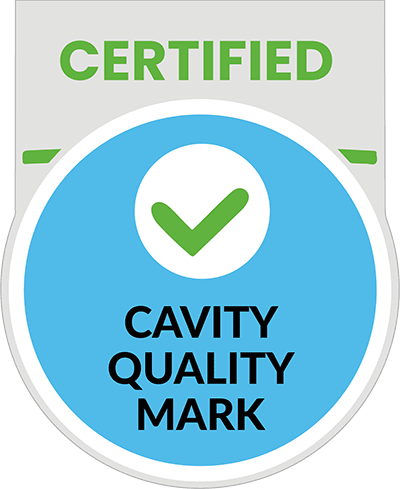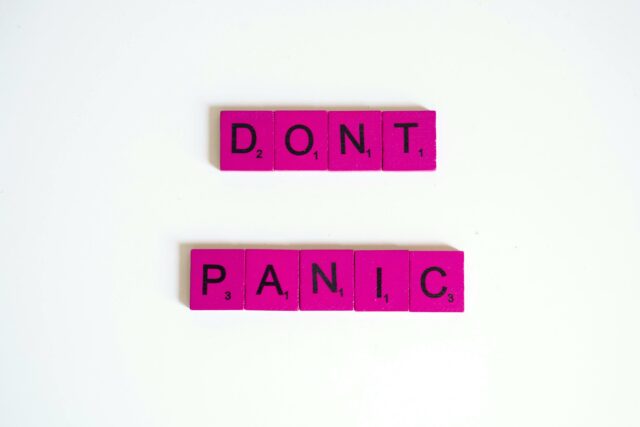Agency dental nurses often encounter moments of panic, particularly when traveling to unfamiliar locations. The anxiety can arise from various factors, such as navigating unfamiliar roads, traveling during dark evenings, encountering road works, or facing parking issues.
In such situations, it's essential to take a moment to breathe and regain composure. Communicating with your manager about any delays can alleviate worries about being late or causing inconvenience to the practice.
Parking can also be a source of anxiety, especially when arriving at a location with limited parking options. Seeking assistance from the practice staff or using parking apps can help alleviate this concern.
Additionally, as dental professionals, we encounter patients who experience fear and panic during dental procedures. It's crucial to recognize the signs of panic attacks and provide support and reassurance to patients experiencing heightened anxiety or irrational thoughts.
By understanding and addressing these challenges, we can ensure the well-being of both ourselves and our patients while delivering quality dental care.
Follow this link for symptoms of a panic attack, how to help someone through a panic attack and more here.
A panic attack is a rush of intense mental and physical symptoms which can come on very quickly and for no apparent reason – NHS
A panic attack happens when a feeling of anxiety, a sense of worry or unease, tips over into an overwhelming sense that something awful is about to happen. It begins with a rush of adrenaline and the stress hormone cortisol; which can give us an intense feeling, then overtaken by a feeling of terrible danger. Panic attacks can be a reaction to prolonged stress, sudden stress, or a symptoms of a mental health disorder. They can also be triggered by some medications or drugs like alcohol or caffeine.
Panic attacks are not predictable or logical; they can occur at any time which makes them so scary and can create a cycle of fear about when or where it could happen. They last between 5 - 20 minutes and are so intense that they make you fear that you are dying, going crazy, about to faint or loose control of yourself in some way. That can have a big impact on someone’s day to day life.
You may be diagnosed with ‘panic disorder’ (a mental health condition) if you experience regular panic attacks, are living in continuous fear and disrupting your life such as stopping you from going outside or socialising.
What are the symptoms of a panic attack?
- Fear of losing control
- Fear of insanity
- Shortness of breath or a choking feeling
- Feeling faint, dizzy, or nauseous
- Increased heart rate
- Sweating
- Fear of death
- Numbness or tingling
- Fear of doom
- Chest pain
- Distorted vision
What to do during a panic attack?
- Deep breathing – Take a deep breath in, to the count of 4 seconds, hold for 4, breathe out for 4, and hold. Repeat this until you feel calm.
- Mindfulness – Start by bringing yourself back to the present moment and focus on what is right in front of you. What do you see? What can you touch? What can you hear? What can you smell? What can you taste?
- Reflect – Have you felt like this before? Bring to mind other occasions where you experienced panic and everything was okay. Remind yourself that it will pass.
- Positive Self-Talk – give yourself compassion and speak words of positive encouragement. You are brave and doing better than you think, you are making progress.
Remember what works for others may not work for you and vice versa, that is normal as we are all individual. It is important to remember panic attacks are not dangerous and cannot hurt you. They are the body’s flight or fight response to keeping you safe.
For additional resources that may offer support and guidance, explore our Cavity Health & Wellbeing Resource Hub: Health & Wellbeing Resources Archive - Cavity Dental Staff


